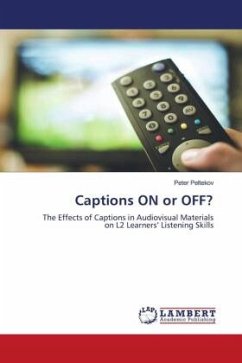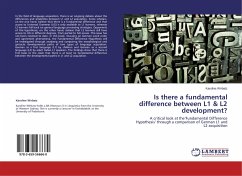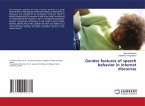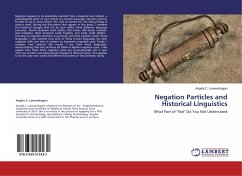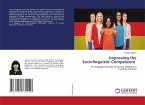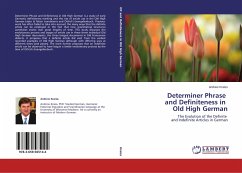While the beneficial effects of captions on L2 vocabulary learning are well-documented in previous literature, it is less clear what effects captions may have on learners' listening skills. To address this question, the present study examined the effectiveness of captioned and uncaptioned videos on L2-German learners in a semester-long experiment. One group of learners were exposed to captioned videos for 5 weeks, followed by 5 weeks of exposure to uncaptioned videos, while the other group saw the same videos in a reversed condition. A series of tests (i.e., speech segmentation and word recognition tests, listening comprehension tests, caption reliance tests) were administered at the beginning, in the middle and at the end of the semester. In addition, participants completed tests of overall proficiency, reading efficiency, learning styles, and working memory capacity. Moreover, their caption reading behaviours were recorded using eye-tracking technology. Finally, participants completed surveys and oral interviews on their impressions of the effectiveness of captioned and uncaptioned videos. The results have important implications for language teachers and independent L2 learners.
Bitte wählen Sie Ihr Anliegen aus.
Rechnungen
Retourenschein anfordern
Bestellstatus
Storno

